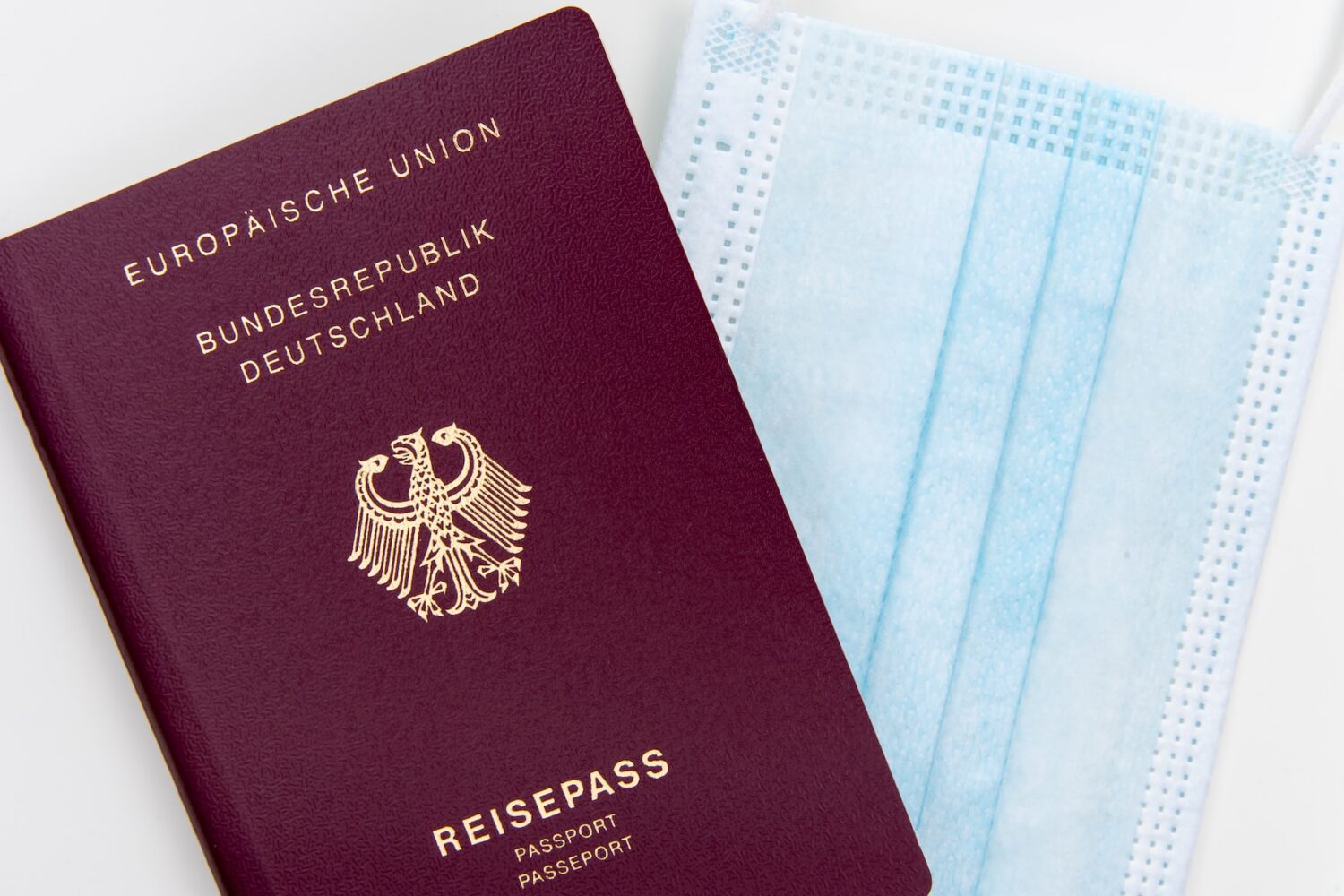If you’re an international renter looking for a flat in Berlin, you may be wondering where
to start. Berlin’s booming real estate market can be intimidating, especially if you don’t
speak German. Luckily, there are resources and services available that can make the
process easier. In this article, we’ll discuss some tips and resources for finding flats in
Berlin, as well as the value of having a translator or interpreter during the apartment
search process.
Booka Local: Bridging the Language Gap for International Renters
Before we dive into the specifics of finding flats in Berlin, let’s first discuss the value of
having a translator or interpreter during the apartment search process. If you don’t
speak German, navigating the real estate market in Berlin can be challenging. You may
struggle to communicate with landlords, understand rental agreements, and negotiate
lease terms. That’s where Booka Local comes in.
Booka Local is a startup that provides bilingual German speakers as translators for
international people. Our vision is centered around cultural integration and making life
easier for the international community. We can offer interpreters to attend apartment
viewing appointments with you when you don’t speak German, and also help with
paperwork and negotiating with landlords. By having a translator or interpreter by your
side during the apartment search process, you can feel more confident and empowered
to find the perfect flat in Berlin.
Is it easy to find a flat in Berlin?
The short answer is no, it’s not easy to find a flat in Berlin. Berlin’s real estate market is
highly competitive, with a high demand for rental properties and a limited supply. This
can make finding the right flat a challenging and time-consuming process, especially if
you don’t know where to look.
However, that doesn’t mean it’s impossible to find a flat in Berlin. With the right
resources and strategies, you can increase your chances of finding the perfect rental
property.
How to search for an apartment in Berlin?
When searching for an apartment in Berlin, there are a few resources and strategies that
can be helpful:
- Online platforms: There are several online platforms that can be helpful for finding flats in Berlin. Immobilienscout24 is a popular online platform for searching for flats, while WG-gesucht is a great resource for finding flat shares.
- Facebook groups: There are several Facebook groups dedicated to apartment hunting in Berlin. These groups can be a great way to connect with other renters, share information, and find available rental properties.
- Real estate agents: If you’re willing to pay a commission, working with a real estate agent can be a great way to streamline the apartment search process. Real estate agents can help you find available properties that match your criteria, and can also help with negotiating lease terms.
- Booka Local: As we mentioned earlier, Booka Local can provide interpreters to attend apartment viewings with you when you don’t speak German. This can be a great way to communicate with landlords and get a better understanding of the rental property.
How to Find a Rent in Berlin?
Once you’ve found a rental property that you’re interested in, there are a few steps that
you’ll need to take in order to secure the apartment:
- Paperwork: In order to rent an apartment in Berlin, you’ll need to have all necessary paperwork in order. This might include proof of income, a Schufa report, and a deposit.
- Negotiation: When negotiating with landlords, it’s important to understand your rights as a renter. You may be able to negotiate the rental price or lease terms, but it’s important to do so within the confines of German rental law.
- Booka Local: Booka Local can provide interpreters to assist with the paperwork and negotiation process. Our translators can help you understand the rental agreement and communicate with the landlord to ensure that everything is clear and agreed upon.
Is it Worth Buying a Flat in Berlin?
If you’re considering staying in Berlin long-term, you may be wondering if it’s worth
buying a flat instead of renting. While buying a flat in Berlin can be a great investment,
it’s important to carefully consider the costs and potential risks involved.
The real estate market in Berlin is currently booming, with prices increasing rapidly.
However, buying a flat in Berlin can be expensive, and there are also additional costs
involved such as taxes, maintenance fees, and utilities. Additionally, if you’re not familiar
with the German real estate market, it can be challenging to navigate the buying
process.
Before making the decision to buy a flat in Berlin, it’s important to do your research and
consult with a real estate agent or lawyer who is familiar with the German market.
Conclusion
Finding flats in Berlin can be a daunting task, especially if you’re an international renter who doesn’t speak German. However, with the right resources and strategies, it’s possible to find the perfect rental property.
Working with a translator or interpreter, such as the ones provided by Booka Local, can be a valuable asset during the apartment search process. Additionally, using online platforms, Facebook groups, and real estate agents can help streamline the search process.
If you’re considering buying a flat in Berlin, it’s important to carefully consider the costs and potential risks involved. With the right research and guidance, buying a flat can be a great investment in your future.
Overall, by utilizing the resources and strategies discussed in this article, you can feel confident and empowered during your search for the perfect flat in Berlin.















